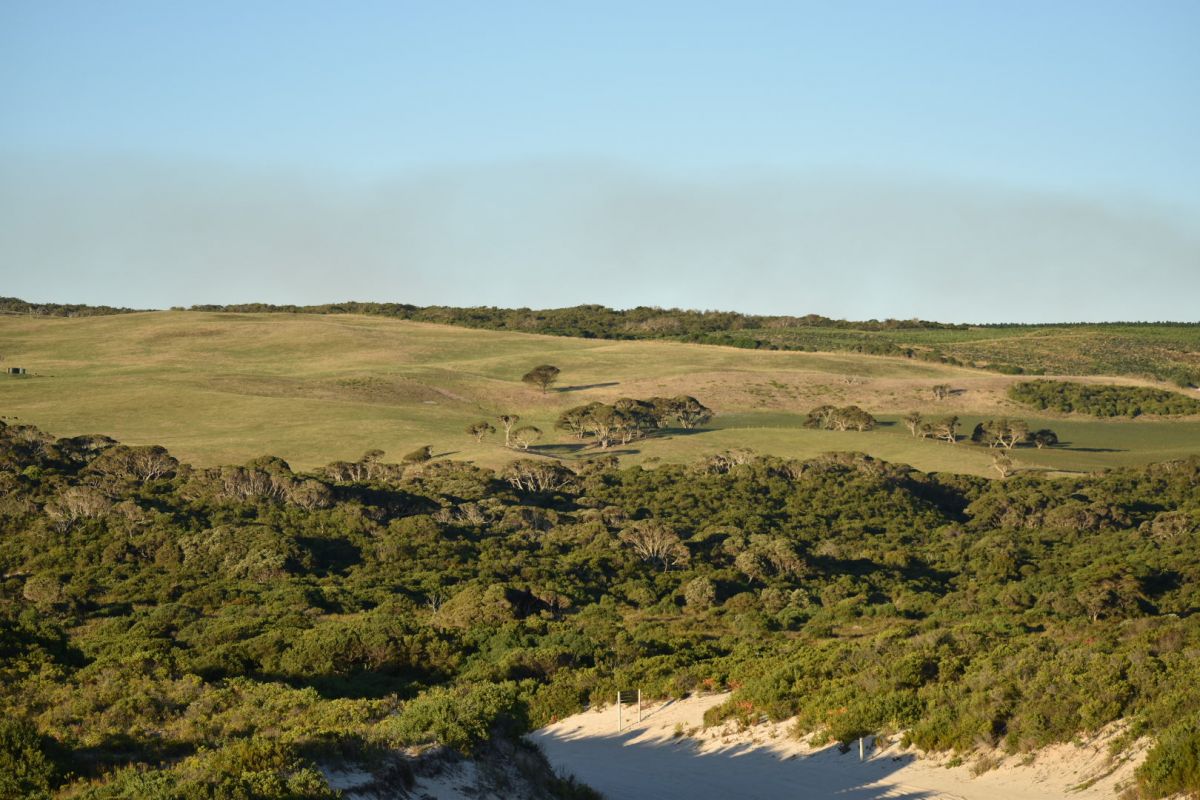



The Glenelg Eden project is part of the Weeds and Pests on Public Land program.
The Glenelg Eden is a landscape scale weed control project covering 90,000 hectares of public land in south-west Victoria. It has been operating since 2009.
The project aims to reduce the impact of pest plants, preserve environmental values, and give species such as the vulnerable Blotched Sun-orchid and the threatened Long-nosed Potoroo the best chance to succeed.
The project targets more than 87 unique weed species invading the Glenelg region. The project has nine management zones and has catalogued and worked on over 195 weed infestations.
A highlight of the Glenelg Eden project has been the management of Common Climbing-Aloe (Aloiampelos ciliaris). By removing this weed, the project has supported the herb-rich woodlands, heathy woodland, and lowland forests of the Mt Clay State Forest which is home to the rare Small-flower Grevillea.
| Target pest | High risk weed species - over 195 infestations with around 87 unique species. |
|---|---|
| Target native species/landscape | Intact remnant vegetation of varying Ecological Vegetation Classes across south-west Victoria and native species such as the Blotched Sun-orchid (Thelymitra benthamiana) and the threatened Long-nosed Potoroo (Potorous tridactylus). |
| Partners | The Department of Energy, Environment and Climate Action (DEECA), Parks Victoria, and the Gunditj Mirring Traditional Owners Aboriginal Corporation. |
| Key areas | Various parks throughout south-west Victoria such as the Cobboboonee, Mount Richmond and Lower Glenelg National Parks, Discovery Bay, Nelson, Bats Ridge, Tarragal and Tyrendarra parks and state forests including Mt Clay, Rennick, and Annya. |
How can you help?
- Join your local Friends or Landcare group, or explore volunteer opportunities with the Parks Victoria tool, ParkConnect.
- Don’t spread weeds through the bush; practice good vehicle hygiene.
- Consider selection of garden plants carefully; many of our environmental weeds start out in gardens. Consider planting Victorian indigenous species. Practice responsible disposal of garden waste.
- Report new and unusual plant/weed sightings on or near forest, parks and reserves in the far south west of the state, especially those in low numbers or recently detected, whether they are declared noxious in Victoria or not to Agriculture Victoria.
Contact Us
Please reach out if you want to learn more about the Glenelg Eden project under the Weeds and Pests on Public Land program.
You can email us at enviro.grants@deeca.vic.gov.au
Page last updated: 24/04/24